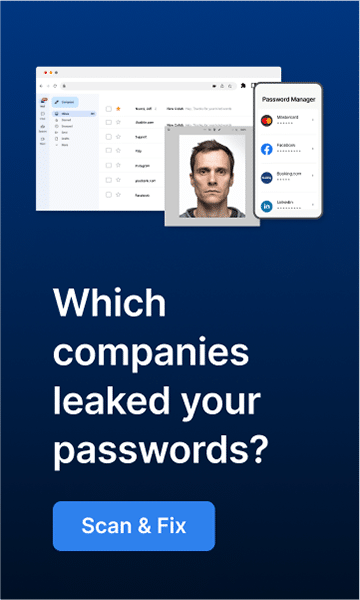What can someone do with your IP address? This is a question that many people don’t think about, but it’s essential to understand the dangers of giving out this information. Your IP address is essentially your online identity, and it can be used by hackers to gain access to very sensitive information. In this blog post, we will discuss the various ways that someone can use your IP address to exploit you and your device. We’ll also provide some tips on how to protect yourself from these threats.
What is an IP address?
An IP address is a unique numerical identifier assigned to each device connected to the internet. This includes computers, smartphones, tablets, and any other internet-enabled devices. Your IP address allows these devices to communicate with each other and access online content. It also provides your location to website servers and can be used to track your online activity.
What information can be gleaned from an IP address?
Your IP address can provide a wealth of information about you and your device. This includes your geographic location, internet service provider (ISP), and even the type of device you’re using. Hackers can use this information to target you with specific attacks or exploit vulnerabilities in your system. They can also use it to track your online activity or steal your personal information.
How can someone use your IP address to exploit you?
There are a number of ways that someone can use your IP address to exploit you. We’ve listed some of the most common below:
-DDoS attacks: A hacker can flood your device with internet traffic, causing it to crash or become unresponsive. This is known as a denial-of-service (DoS) attack.
-Phishing attacks: Hackers can send you fraudulent emails or websites that trick you into revealing sensitive information, such as your login credentials or credit card numbers. They can also use this information to hijack your accounts or make unauthorized purchases in your name.
-Malware infections: Hackers can install malicious software (malware) on your device using your IP address. This software can be used to steal your personal information, track your online activity, or even take control of your device.
-Identity theft: Hackers can use the information they glean from your IP address to steal your identity and commit fraud. This includes opening new accounts in your name, filing for tax refunds in your name, or taking out loans in your name.
How can someone find my IP address?
There are a number of ways that someone can find your IP address. The most common is to use a network scanning tool, which can be used to scan for devices on a network and identify their IP addresses. Hackers can also use publicly available information, such as your social media profile or website, to find your IP address.
How can you protect yourself from these threats?
There are a few steps you can take to protect yourself from these threats:
-Use a VPN: A virtual private network (VPN) encrypts all the traffic between your device and the internet, making it much harder for hackers to intercept or track.
-Keep your software up to date: Hackers often exploit vulnerabilities in outdated software to gain access to devices. By keeping your software up to date, you can close these holes and make it much harder for hackers to get in.
-Be careful what you click: Don’t click on links or attachments from unknown sources, as they could be malicious. If you’re unsure about a link, hover over it with your mouse to see where it’s going before you click.
By following these steps, you can help protect yourself from the dangers of giving out your IP address. Remember, your IP address is like your online identity—so treat it with care!

